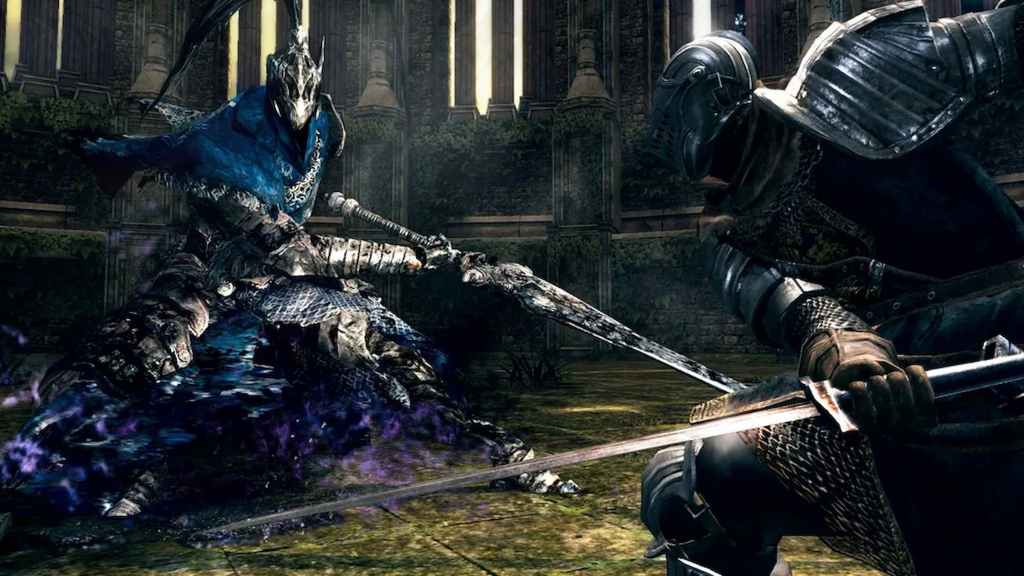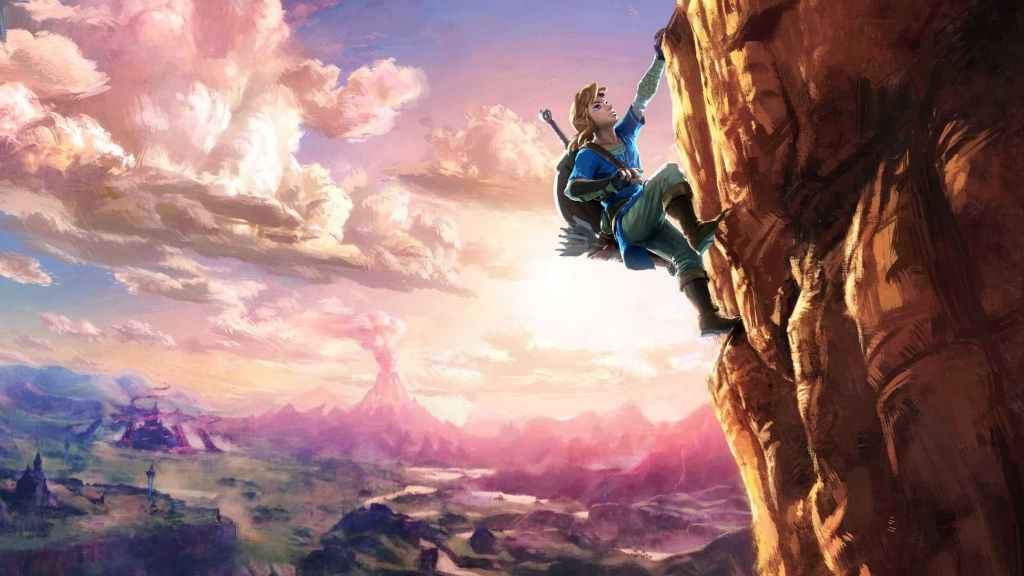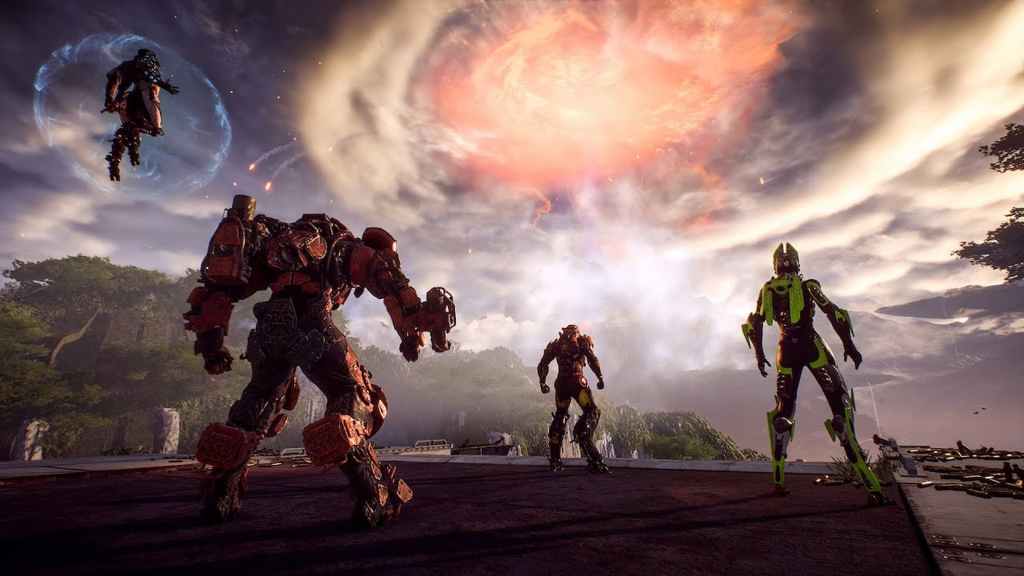The evolution of any medium is rarely linear, and this is especially true in the gaming industry. Innovation often arrives in bursts, reshaping genres and inspiring creative directions. Gaming thrives on experimentation, with each generation pushing the boundaries of what’s possible. Some of these experiments fall flat, but others have defined their respective genres and altered them forever. These releases don’t just add to the conversation, but rather change how the topic is discussed. Only a handful of games can claim this feat, but the titles below are responsible for whole shifts in their genres, though one nearly ruined its genre forever.
Videos by ComicBook.com
3) Dark Souls

Few games have had as much influence on modern design as FromSoftware’s Dark Souls. Its release would begin the shift from action RPG to soulslike in 2011, and FromSoftware would go on to ride this shift into massive success. This gothic action RPG didn’t merely challenge players, but rather forced them to rethink what they knew about the genre. Handholding tutorials, forgiving checkpoints, and clear-cut narratives became relics of the past as Dark Souls embraced mystery, hostility, and consequence. Players were forced to learn through failure and were rewarded for patience and mastery.
Dark Souls’ success spawned a movement. So many games have tried to emulate the soulslike experience, with some finding success while others fall short. Soulslike has become an entire subgenre thanks to its careful combat, opaque lore, and interconnected world design. Its philosophy of discovery and difficulty even reached other genres outside of action RPGs. The punishing Soulslike mechanics and minimalist storytelling could be seen in other genres through titles like Hollow Knight and Darkest Dungeon.
Since Dark Souls’ release, other developers have jumped on the bandwagon. Titles like Nioh, Code Vein, Lords of the Fallen, Lies of P, The First Berserker: Khazan, Wuchang: Fallen Feathers, and so many more games owe their identity to FromSoftware. Fans and developers alike fell in love with the satisfaction of triumph earned through persistence.
2) The Legend of Zelda: Breath of the Wild

Nintendo similarly changed gaming with its 2017 Nintendo Switch entry in the beloved Legend of Zelda series. The Legend of Zelda: Breath of the Wild didn’t only reimagine the series, but also open-world design as a whole. No open-world game before it offered the freedom it promised, like Breath of the Wild. It ditched quest markers, rigid progression, and repetitive mechanics in favor of systems over scripts. Nintendo empowered players to experiment in exploration, combat, and quest progression.
Every part of the game felt like a living ecosystem thanks to the physics engine. Fire spread naturally, weather shaped encounters, and each blade of grass reacted like it was real life. Players could improvise nearly any situation, whether it was launching trees and using them as transportation, blowing enemies off of cliffs, or using the in-game physics and abilities. Curiosity and creativity were rewarded like never before in Breath of the Wild.
Developers began chasing the systemic sandbox model of Breath of the Wild after its release. Just look at how many games implemented gliders or free-climbing on almost every surface. Immortals Fenyx Rising was basically seen as Ubisoft’s Breath of the Wild, it copied it so much. The Legend of Zelda: Breath of the Wild redefined the open-world adventure through the depth and immersion it brought to Hyrule, and no game has achieved the level of freedom it offered eight years ago.
1) Anthem

Then there is Anthem, a title that had so much promise. BioWare and EA promised it as a revolutionary live-service ARPG shooter. It was intended to blend the studio’s narrative expertise with addictive looter shooter gameplay. Anthem was poised to be the most defining looter shooter and action game at the time. And it was, but not for the right reasons, as it nearly ruined the genre forever.
It wasn’t a single flaw that led to Anthem’s failure, but a multitude of missteps. Beneath its glossy visuals and engaging gameplay was a hollow experience. Loot felt meaningless, missions were recycled endlessly, and the narrative was shallow and disconnected. All of this was further compounded by the live-service model that turned the game into a grindfest. And then there was the monetization to consider, making the situation even worse.
EA and BioWare saw severe and swift backlash. Players abandoned the game, critics shared harsh opinions, and it nearly destroyed both live-service and looter shooter games. Other developers and publishers were forced to reconsider what they were doing. The danger of overpromising and underdelivering became the fragile truth of Anthem’s legacy. Titles like Destiny and The Division managed to avoid the shortcomings of Anthem, showing it didn’t destroy the genre and erode players’ trust. But it did come close.
The contrast between these successful titles and Anthem shows how thin the line is for developers. Risk and experimentation can lead to incredible success, but can also lead to massive failure. The gaming industry will continue to swing between these two sides, though many games will land somewhere in the middle.
What do you think? Leave a comment below and join the conversation now in the ComicBook Forum!









